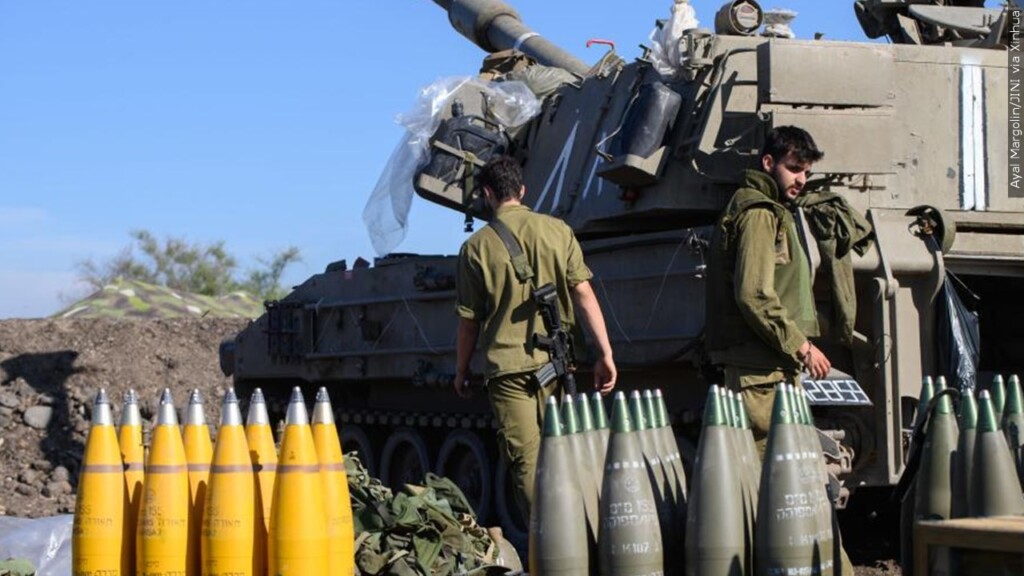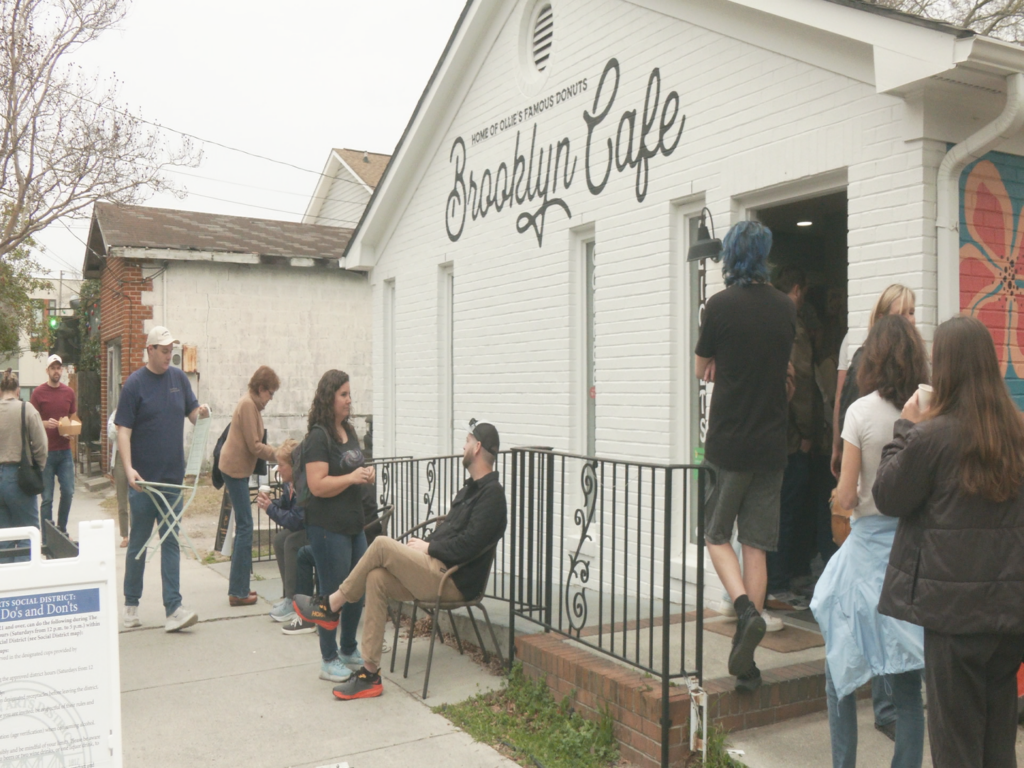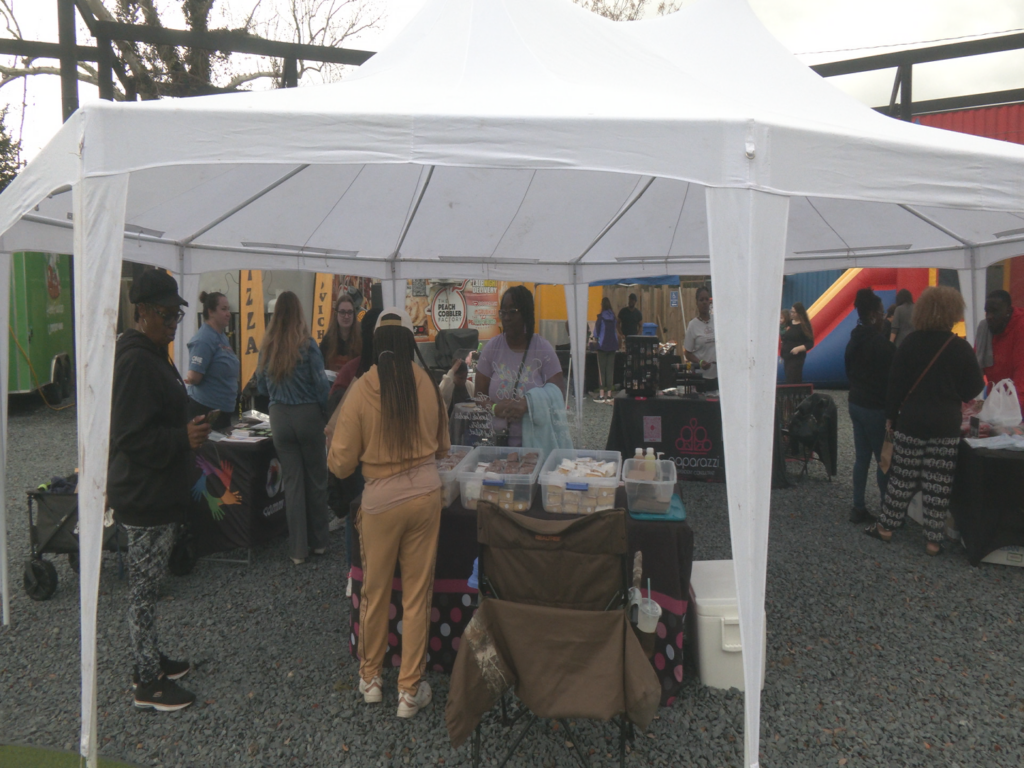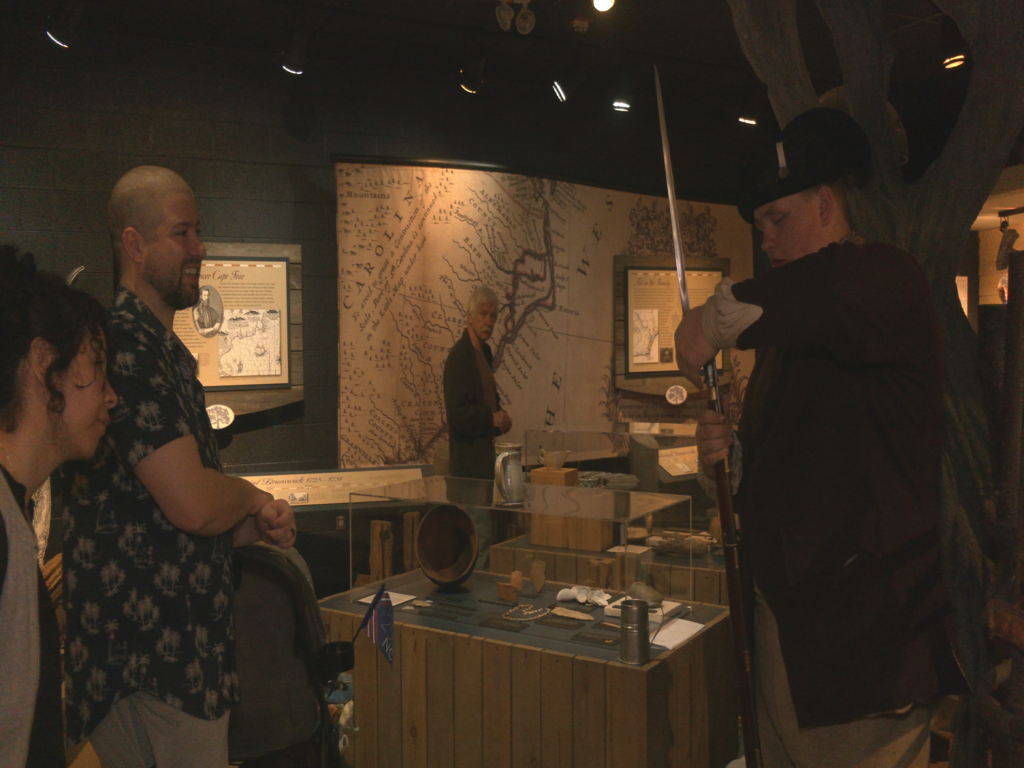Israel’s war on Hamas sees deadly new strikes in Gaza as U.S. tries to slow invasion amid fear for hostages

(CBS NEWS) — Israeli airstrikes continued Monday to rain misery across the Gaza Strip, the Hamas-ruled Palestinian territory where people haven’t had enough food or clean water since bombs started falling on Oct. 7 in response to Hamas’ brutal terror rampage in southern Israel.
The White House said Sunday that Israel had agreed to allow a “continued flow of assistance” into Gaza after more than two weeks of a complete blockade cut the Palestinian enclave’s roughly 2.3 million inhabitants — half of whom are children — off from supplies of food, water, electricity and fuel.
It was becoming increasingly clear Monday that the U.S. wants Israel to not only allow more humanitarian assistance into Gaza, but for the country to let ongoing negotiations over the release of hostages held by Hamas to continue before it launches a ground invasion of the Palestinian territory. Israel said Monday that Hamas was still holding 222 people captive.
Two sources told CBS News the U.S. has sought to slow Israel’s plans for a ground invasion in order to prioritize the release of hostages and the distribution of aid, a message Washington is said to have been conveying primarily through defense channels.
But while desperately needed aid finally started trickling across the Egyptian border into southern Gaza over the weekend — at least 54 trucks had crossed as of Monday morning — the United Nations estimated that at least 100 trucks would need to cross daily just to meet peoples’ basic needs amid an unprecedented humanitarian crisis.
Even as the first help started to arrive, Israeli bombs continued hammering parts of Gaza north of the Egyptian border, sending the death toll climbing at an astonishing rate. The Ministry of Health in the Hamas-ruled strip of land claims 5,087 Palestinians have been killed in Israel’s strikes, including more than 2,000 children.
Israel disputes the toll from its strikes, including an explosion at a hospital last week that Hamas blamed on an airstrike, but which the U.S. and Israeli governments say was caused by an errant Palestinian rocket. Israeli military and political leaders have said Hamas is to blame for all deaths in Gaza, as it instigated the war by launching the terror attack on Oct. 7 that Israel says killed 1,400 people.
Hamas officials said Monday that Israel’s bombardment had killed 436 Palestinians in the last 24 hours alone, including 182 children. Israel’s military said it struck more than 320 “terror targets” in Gaza over the last day, including Hamas tunnels, operational command centers and fighters from the allied militant group Palestinian Islamic Jihad.
The military renewed its warning for Gaza residents to evacuate the northern half of the strip ahead of its long-expected ground invasion, but the violence has already spread to the much larger, Israeli-occupied Palestinian territory of the West Bank.
The latest of several recent airstrikes in the West Bank targeted what Israel called a “terrorist compound” in the city of Jenin on Sunday. The deadly strike fueled angry protests on the streets that have been ramping up since Israel started bombing Gaza.
Stone-throwing Palestinian demonstrators confronted Israeli forces at a protest in Ramallah, the West Bank’s biggest city, on Friday. The Israeli troops struck back hard, with snipers opening fire at several protesters before tear gas filled the air. CBS News heard the crack of at least eight rifle shots.
The protesters were angry over Israel for its bombardment of Gaza, but also at President Biden, who they said was giving Israel unconditional support.
“We are the Palestinians. Our life is worth, and matters,” one demonstrator told CBS News. “We are not going to allow as a Palestinian people a genocide, no matter whatsoever the reasons they are taking.”
A teenager protesting Friday told CBS News that an independent Palestinian state was her main objective.
“I want a free Palestine, that’s the most important thing,” she said.
On the airstrikes and thousands of civilian casualties in Gaza, she said things hadn’t been easy for her, even though she was far away in the West Bank. “You’re still connected to your own people and you suffer with them,” she said.
Since Hamas’ deadly rampage two weeks ago, the Palestinian Authority, which administers the Israeli-occupied West Bank, says 90 people have been killed in the territory. But clashes with Israeli security forces had already been increasing in the West Bank before the current Israel-Hamas war, and the latest 90 fatalities have brought the total toll to more than 250 this year – the highest death toll in the West Bank in at least two decades.
Among those killed in the West Bank before Hamas unleashed its terror on Israel, sparking the current war, was Palestinian-American Hadeel al-Qatin’s husband Omar.
“He was loving and caring,” al-Qatin told CBS News. “He did everything he could to make us happy all the time.”
She said their town, Turmus Ayya, where two-thirds of residents are U.S. nationals, mainly from in and around Michigan, came under attack in June by masked Israeli settlers from the nearby settlement of Shilo. Qatin was shot in the chest while trying to defend his home, the widow told CBS News.
“We were happy. We loved each other. We have kids. He loved his kids,” she said. “I never expected something like this to happen to my peaceful family.”




